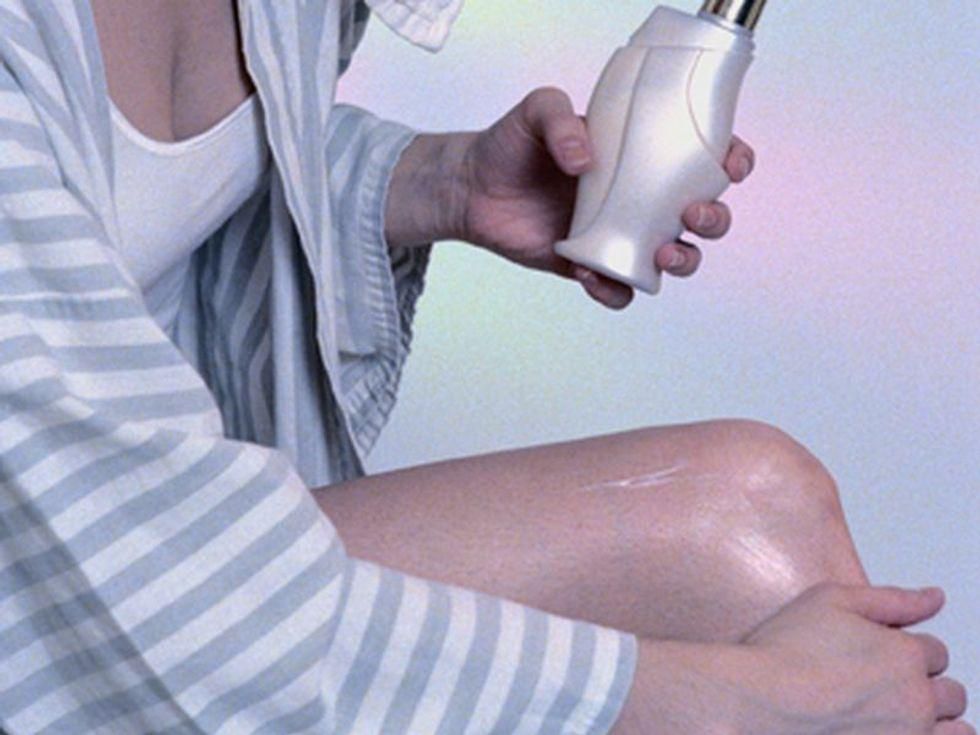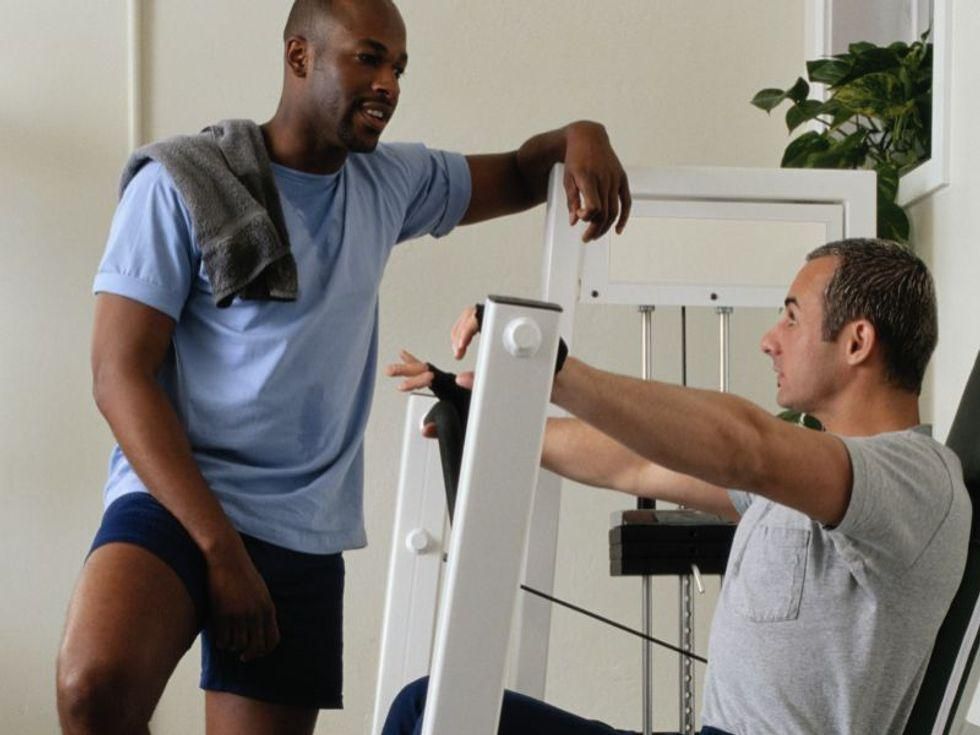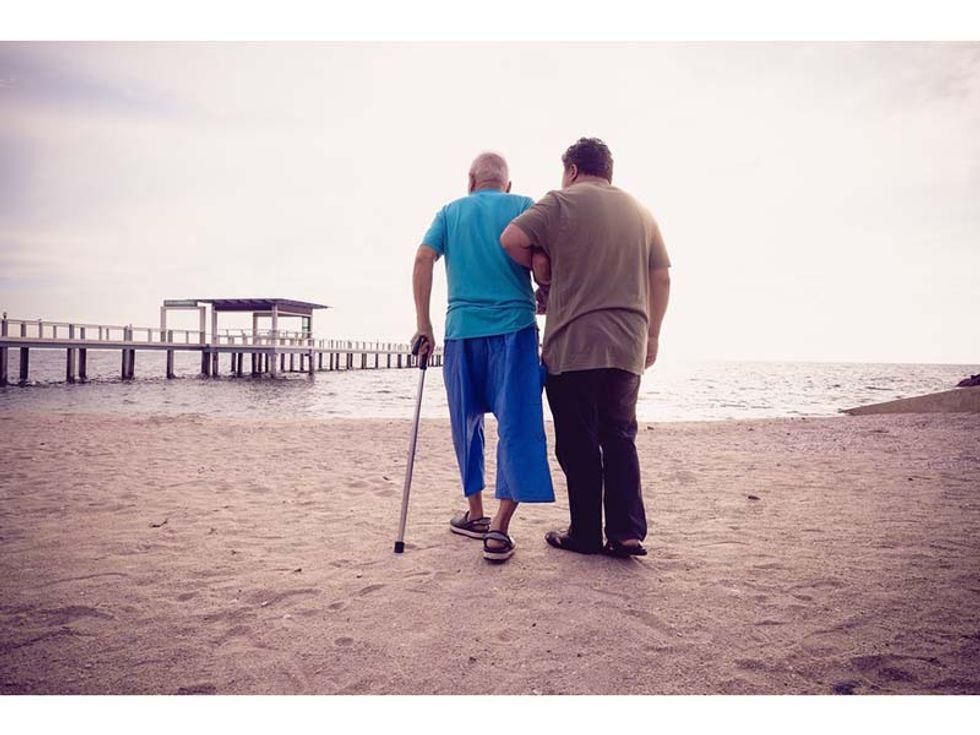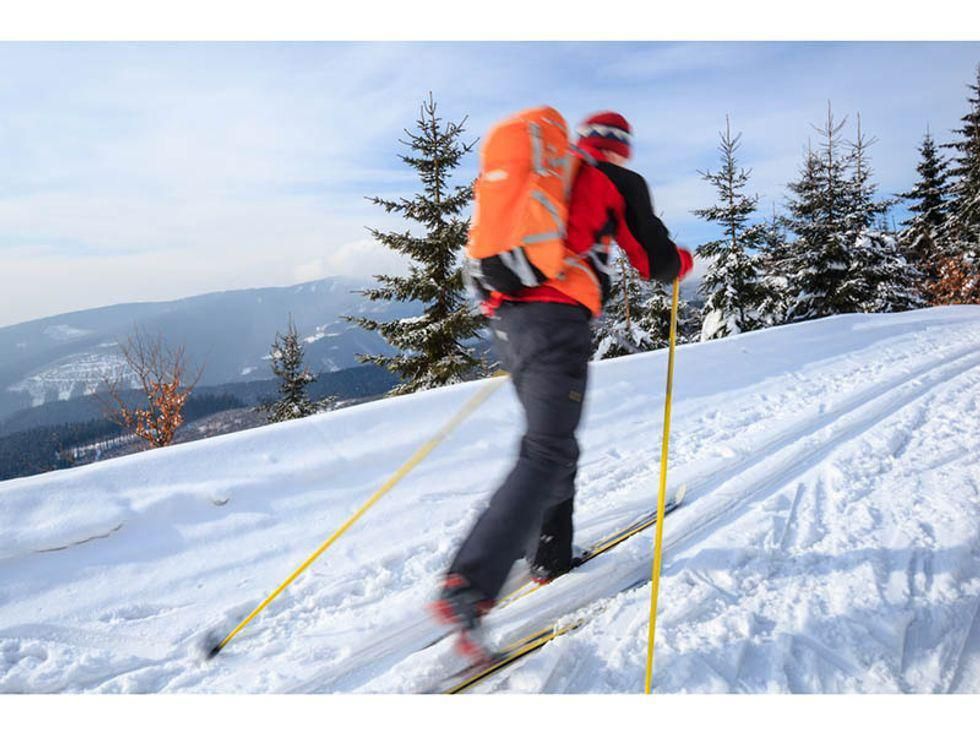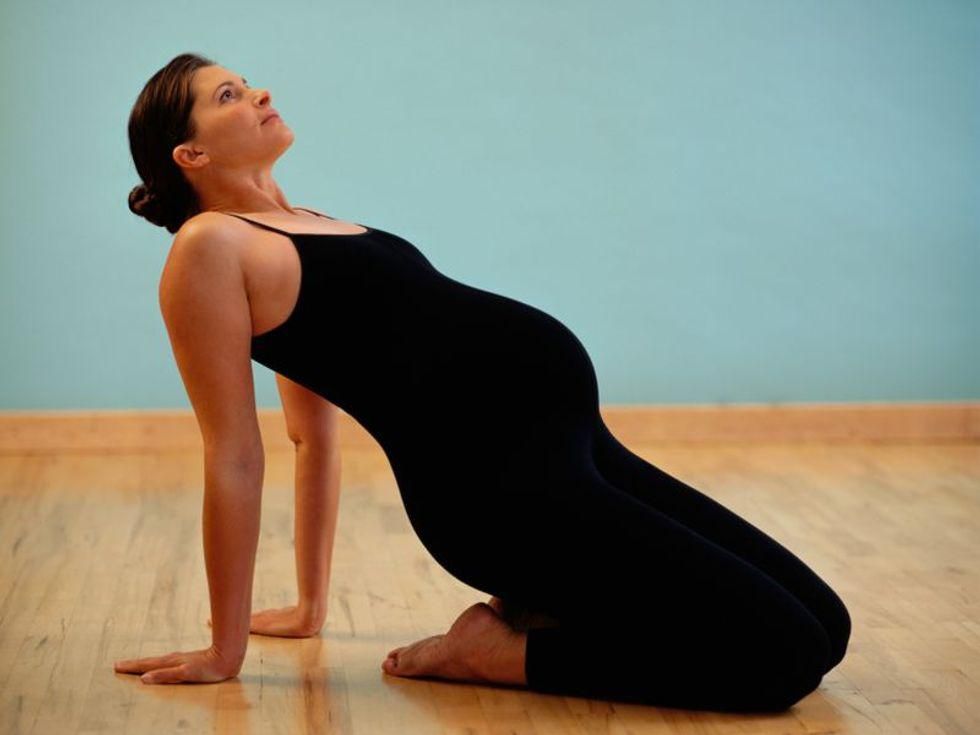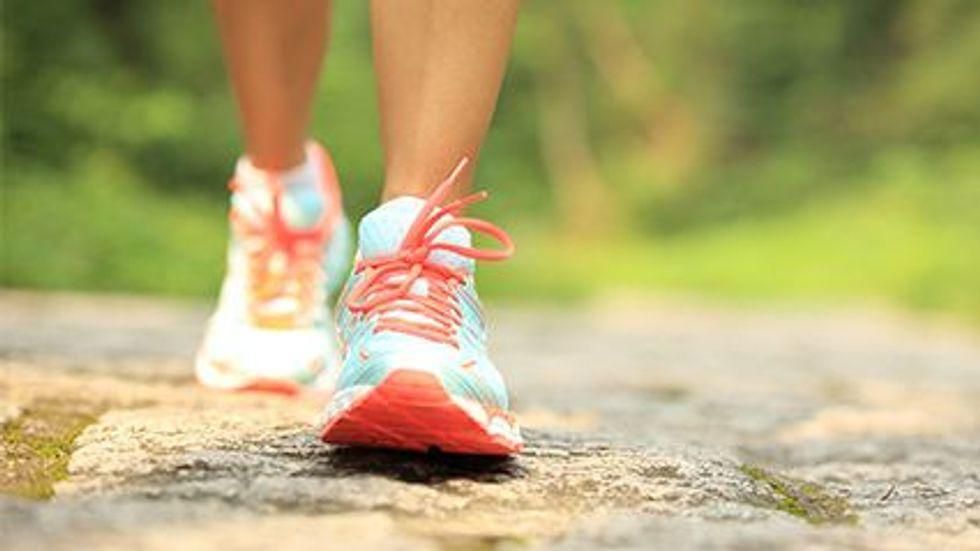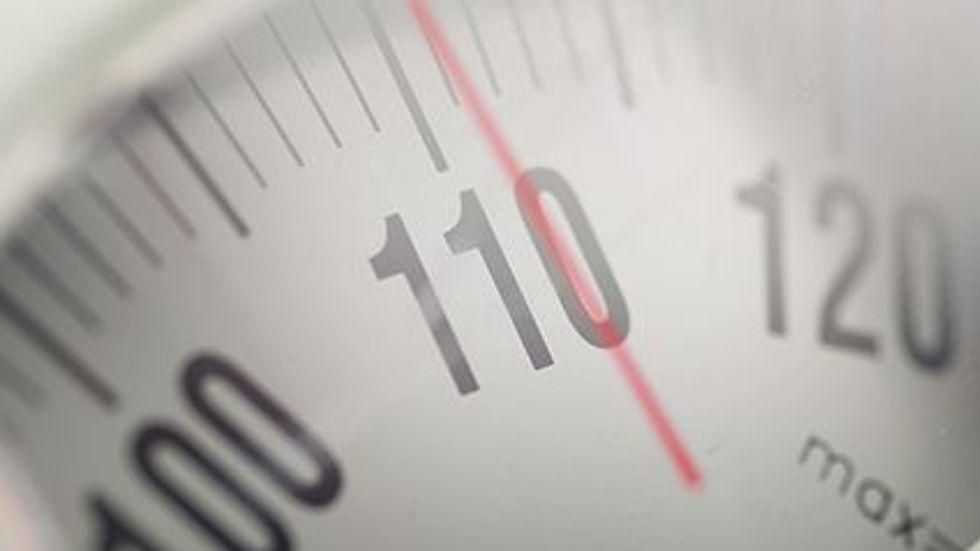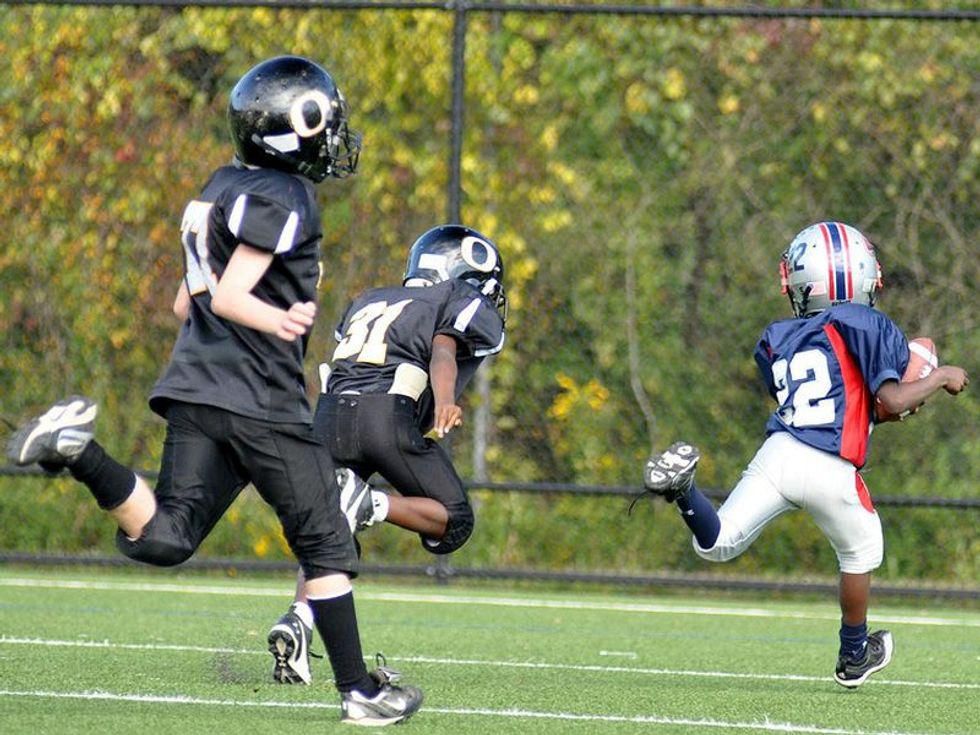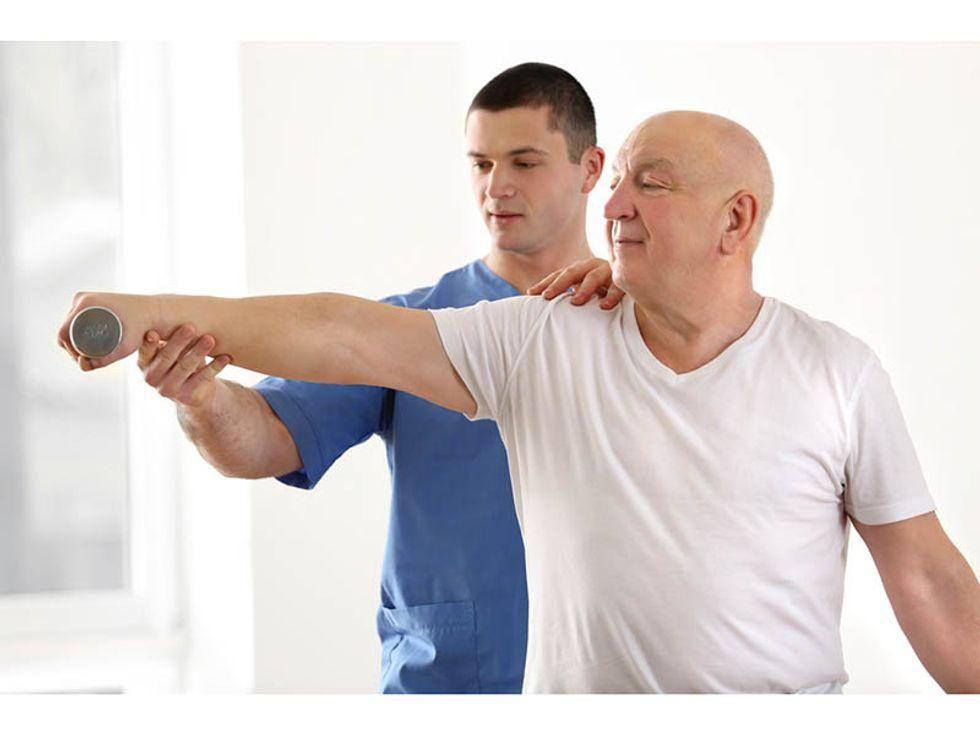
After a stroke, the best time to work on regaining hand and arm use is 60 to 90 days later, according to a new clinical trial. Starting intensive rehab at less than 30 days can be helpful, too, but waiting until six months can be too late for maximum benefit, said researchers from Georgetown University… read on > read on >











